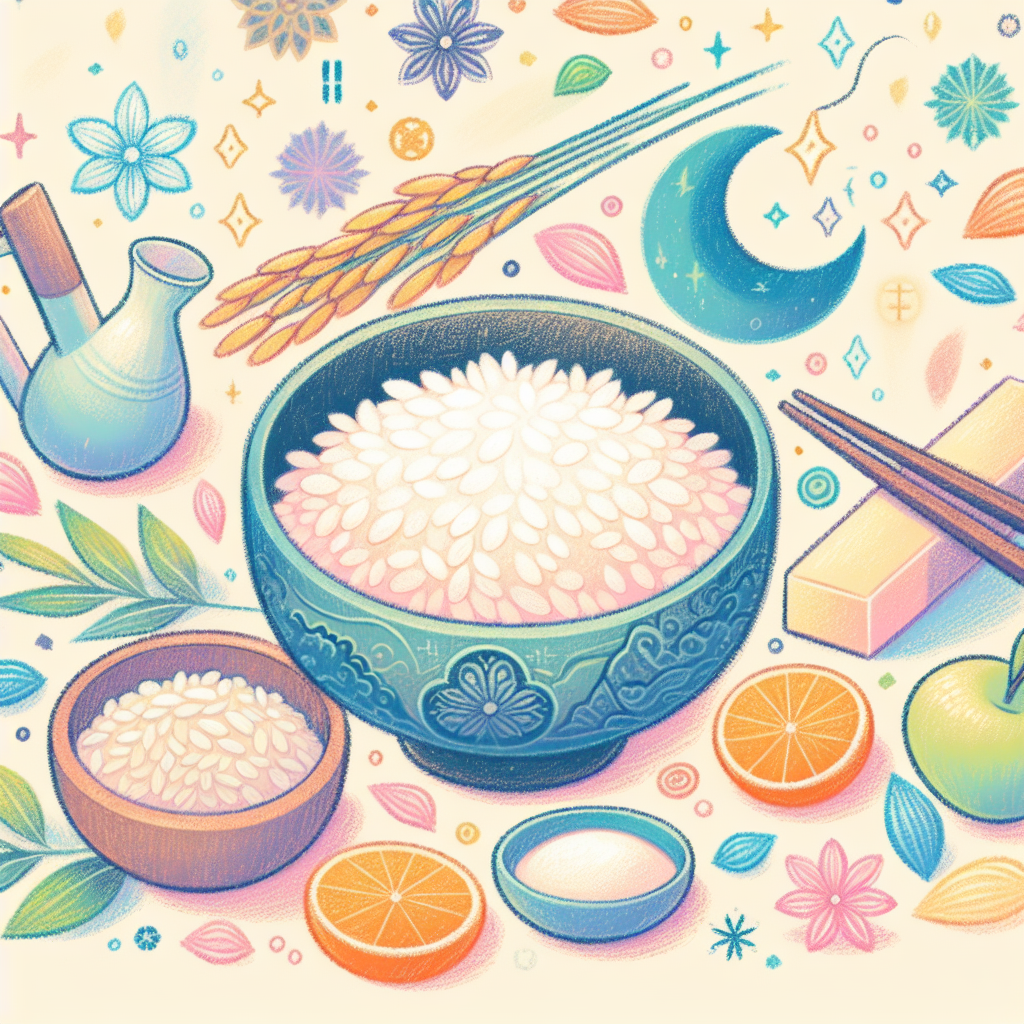The Essence of Miso Soup: A Cornerstone of Japanese Nutrition and Culture
The Daily Ritual of Miso Soup: A Staple of Japanese Nutrition Miso soup captivates with its rich cultural significance and health benefits, making it a staple in Japanese households. This beloved dish, primarily made from miso (fermented soybean paste), combines dashi—made from kelp and bonito flakes—with a variety of ingredients. Not only does miso provide a unique flavor, but it's also packed with nutrition, making it an essential part of a balanced diet. Developing a Connection Many people today seek comfort in their meals, often leaning on familiar dishes that remind them of home. For countless families in Japan, miso soup brings warmth and nourishment to the table. Its ease…









